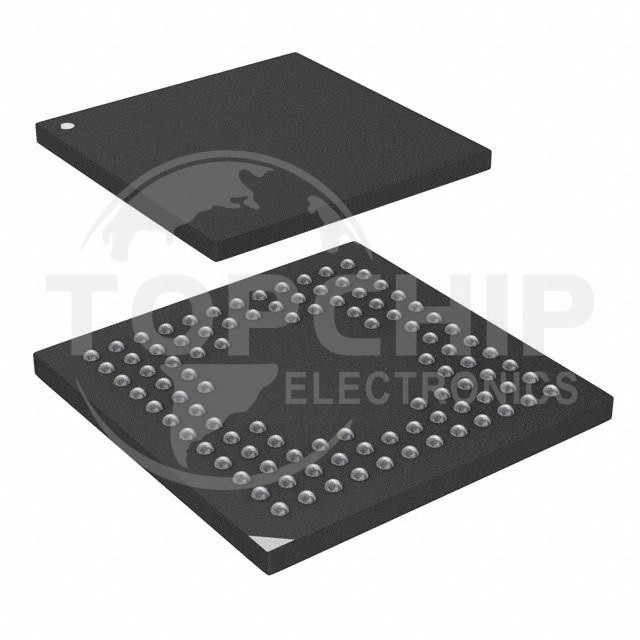Electromagnetic flowmeter is an instrument used to measure the flow of conductive liquids. It is widely used in chemical industry, petroleum, metallurgy, water treatment and other fields. The core component of the electromagnetic flowmeter is the chip, which can achieve accurate measurement and data transmission of flow. Chip supplier-TOPCHIP ELECTRONICS will introduce the types of chips required for electromagnetic flowmeters and their principles.
1. Types of electromagnetic flowmeter chips
Electromagnetic flowmeter chips usually include digital signal processors (DSP), analog-to-digital converters (ADC), microcontrollers (MCU) and other components. These chips play an important role in electromagnetic flowmeters. They can achieve signal collection, processing and output, thereby achieving accurate flow measurement and data transmission.

The digital signal processor (DSP) is an important part of the electromagnetic flowmeter. It can digitally process the signals collected by the sensor, including filtering, correction, linearization and other operations to improve the accuracy and stability of the measurement.
An analog-to-digital converter (ADC) is used to convert the analog signal collected by the sensor into a digital signal for processing by a digital signal processor. The performance of the ADC directly affects the measurement accuracy and dynamic response of the electromagnetic flowmeter.
The microcontroller (MCU) is the control center of the electromagnetic flowmeter, which can control the flowmeter and process data. MCU usually includes computing unit, memory, communication interface and other functions, which can realize intelligent control and data management of flow meter.
2. Principle of electromagnetic flowmeter chip
The working principle of the electromagnetic flowmeter chip mainly includes three steps: signal acquisition, digital processing and data output.
First, the sensor collects electromagnetic induction signals generated when a conductive liquid flows, and these signals change as the liquid flow rate changes. The sensor converts these analog signals into voltage signals and into digital signals through an analog-to-digital converter (ADC).
Next, the digital signal processor (DSP) processes the collected digital signals, including filtering, correction, linearization and other operations to improve the accuracy and stability of the measurement. At the same time, the microcontroller (MCU) further processes the processed data, including flow calculation, display control and other operations.
Finally, the processed data is output through the communication interface and can be transmitted to the host computer or other equipment through communication protocols such as RS485 and MODBUS to realize data monitoring, management and control.
3. Application areas and advantages
Electromagnetic flowmeter chips are widely used in chemical industry, petroleum, metallurgy, water treatment and other fields. It has the advantages of high measurement accuracy, fast dynamic response, and strong anti-interference ability, and can meet the needs of flow measurement in different fields.
In the chemical industry, electromagnetic flowmeter chips can measure the flow of various media, including acid and alkali solutions, organic solvents, gas liquefied gases, etc., and are widely used in flow monitoring and control in the chemical production process.
In the petroleum field, electromagnetic flowmeter chips can measure the flow of crude oil, petroleum products and other media. They have the characteristics of wide measurement range, high precision and strong reliability, and are suitable for flow monitoring and control in petroleum production, storage and transportation.
In the field of water treatment, the electromagnetic flowmeter chip can realize the flow measurement of tap water, sewage, industrial wastewater and other media. It has the characteristics of wide measurement range and strong anti-pollution ability. It is suitable for flow monitoring and control in water treatment equipment, environmental protection facilities and other fields. control.
In short, electromagnetic flowmeter chips have advantages in measurement accuracy, dynamic response, and anti-interference capabilities. They can meet the needs of flow measurement in different fields and have broad application prospects.
If you need chip procurement, selection guidance, application for sample testing, BOM distribution, etc., please contact us via the following email address:

